Introducing Esteros Lubimar: A Regenerative Approach to Exceptional Seafood
At Seatopia, we are excited to introduce our latest farm partner, Esteros Lubimar—a farm that embodies everything we believe in when it comes to regenerative seafood. As the continuation of the groundbreaking farm Veta La Palma, Esteros Lubimar represents the future of restorative aquaculture, a method that not only produces some of the best sea bass and sea bream in the world but also regenerates the environment around it.
How Dan Barber Fell in Love with a Fish
Chef Dan Barber, known for his visionary approach to food, once shared a story about how he fell in love with a fish at Veta La Palma, the precursor to Esteros Lubimar. At first, Barber was skeptical of fish farming, but he was completely won over by Veta La Palma's approach—an approach that Esteros Lubimar continues to this day. What captivated Barber wasn’t just the quality of the fish, but the way the farm restored the ecosystem, creating a regenerative environment where everything from the fish to the birds and plant life thrived in harmony.
In Barber’s words, “This isn’t a farm that depletes resources or fights against nature; this is a farm that works with nature to create abundance.” And it’s that very philosophy—an approach that regenerates rather than takes—that continues today at Esteros Lubimar.
What Makes Extensive Aquaculture So Special?
At Esteros Lubimar, fish are raised in extensive aquaculture systems that closely mimic natural ecosystems. The farm’s estuaries are fed by the Barbate River, which brings fresh, nutrient-rich water from the Atlantic Ocean. This constant flow of clean, oxygenated water supports the growth of shrimp, algae, and other small sea life, creating a balanced food chain that sustains the sea bass and sea bream.


In this regenerative system, the fish grow at their natural pace over 3-4 years, feeding on a natural diet and living in low-density environments that mirror their wild counterparts. The result? Fish that are visually stunning—with silver backs and golden hues—and gastronomically unparalleled, with a flavor and texture that chefs like Dan Barber celebrate.
A Restorative Farm for the Planet
What sets Esteros Lubimar apart from other aquaculture farms is its deep commitment to restoring the environment. Originally degraded wetlands, the estuaries of Esteros Lubimar have been transformed into a thriving ecosystem. Over 8000 hectares of the farm are dedicated to low-density, extensive aquaculture, which not only produces high-quality fish but also supports an incredible array of wildlife, from flamingos to ospreys.

This farm doesn’t just avoid harming the environment—it actively regenerates it. The water leaving the farm is cleaner than when it entered, thanks to natural filtration by the aquatic plants and algae. This is the heart of what we mean when we say that Esteros Lubimar practices restorative aquaculture—it is a system that gives back more than it takes.
The Seagrass Project: Regenerating Coastal Ecosystems
One of Esteros Lubimar’s most exciting initiatives is its seagrass restoration project. In collaboration with renowned chefs like Angel Leon and marine biologists, the farm is working to replant seagrass meadows along the coastlines of Cádiz. Seagrass is often referred to as one of the most powerful carbon sinks on the planet, absorbing carbon dioxide up to 35 times faster than tropical rainforests.

But beyond its climate impact, seagrass plays a crucial role in maintaining marine biodiversity. The meadows provide habitat for species like shrimp, fish, and other marine life, creating a self-sustaining ecosystem that supports both the environment and the local seafood economy.
At Esteros Lubimar, the seagrass project goes hand in hand with their aquaculture efforts. The restored seagrass beds help filter the water, improve oxygen levels, and create a thriving environment for the fish, further enhancing the regenerative cycle of the farm.
As this project scales, it has the potential to regenerate thousands of acres of coastal habitat while simultaneously sequestering carbon, supporting biodiversity, and producing exceptional seafood. This is regenerative aquaculture at its finest, where every element of the system works in harmony to restore the planet’s oceans.
From Farm to Table: Why Chefs Love Esteros Lubimar
Chef Dan Barber isn’t the only one who has fallen in love with Esteros Lubimar’s fish. Michelin-starred chefs from around the world, including Ángel León, have been sourcing fish from the farm for years. Known for its incredible flavor and texture, the sea bass and sea bream from Esteros Lubimar are served in some of the most prestigious kitchens, where chefs rave about the fish’s richness and versatility.



At Seatopia, we are proud to bring this world-class seafood directly to your table, allowing you to experience the same exceptional quality that has captured the culinary world’s attention.
Why Esteros Lubimar is the Future of Seafood
At Seatopia, we believe that the future of seafood lies in regenerative practices like those pioneered by Esteros Lubimar. This isn’t just about producing fish—it’s about creating ecosystems that thrive. By restoring wetlands, regenerating biodiversity, and producing clean, high-quality seafood, Esteros Lubimar represents the kind of farm that can help heal the oceans while feeding the world.
Taste the Regenerative Difference
Experience the exceptional sea bass and sea bream from Esteros Lubimar, now available through Seatopia. Order today and taste seafood that’s not only delicious but also part of a restorative food system that regenerates the planet.


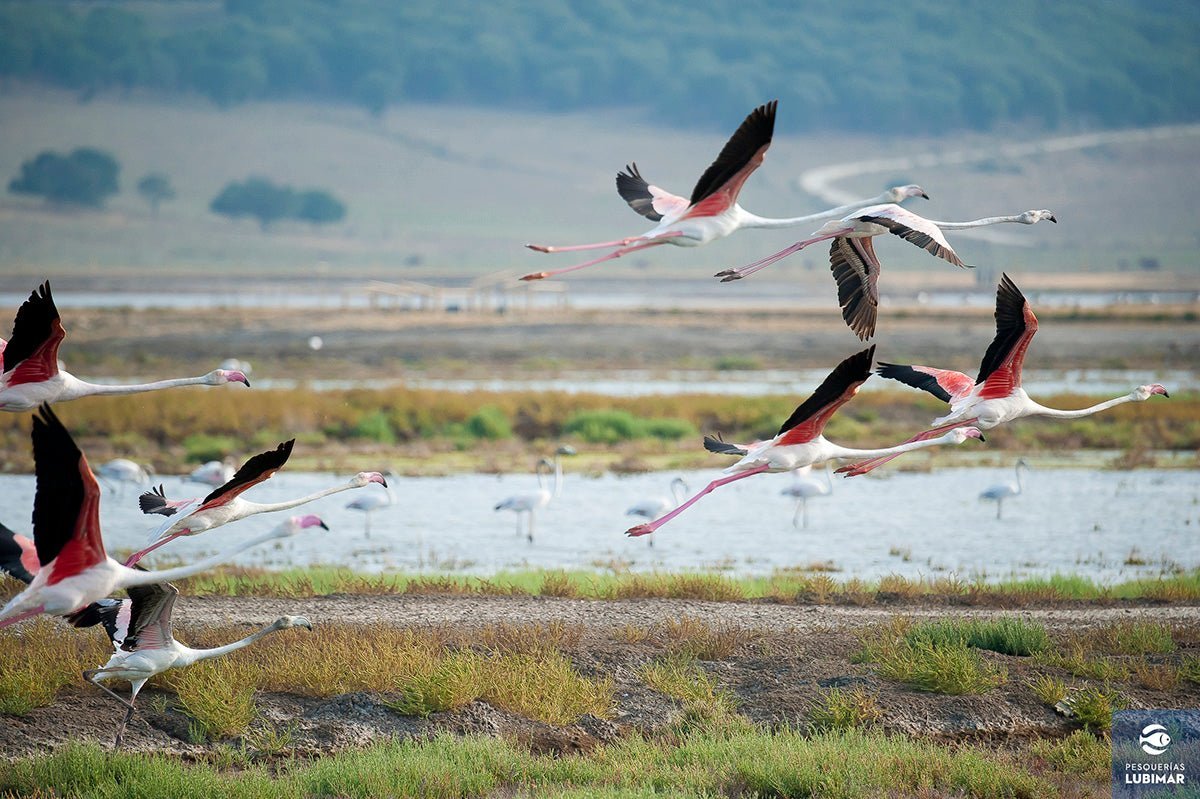

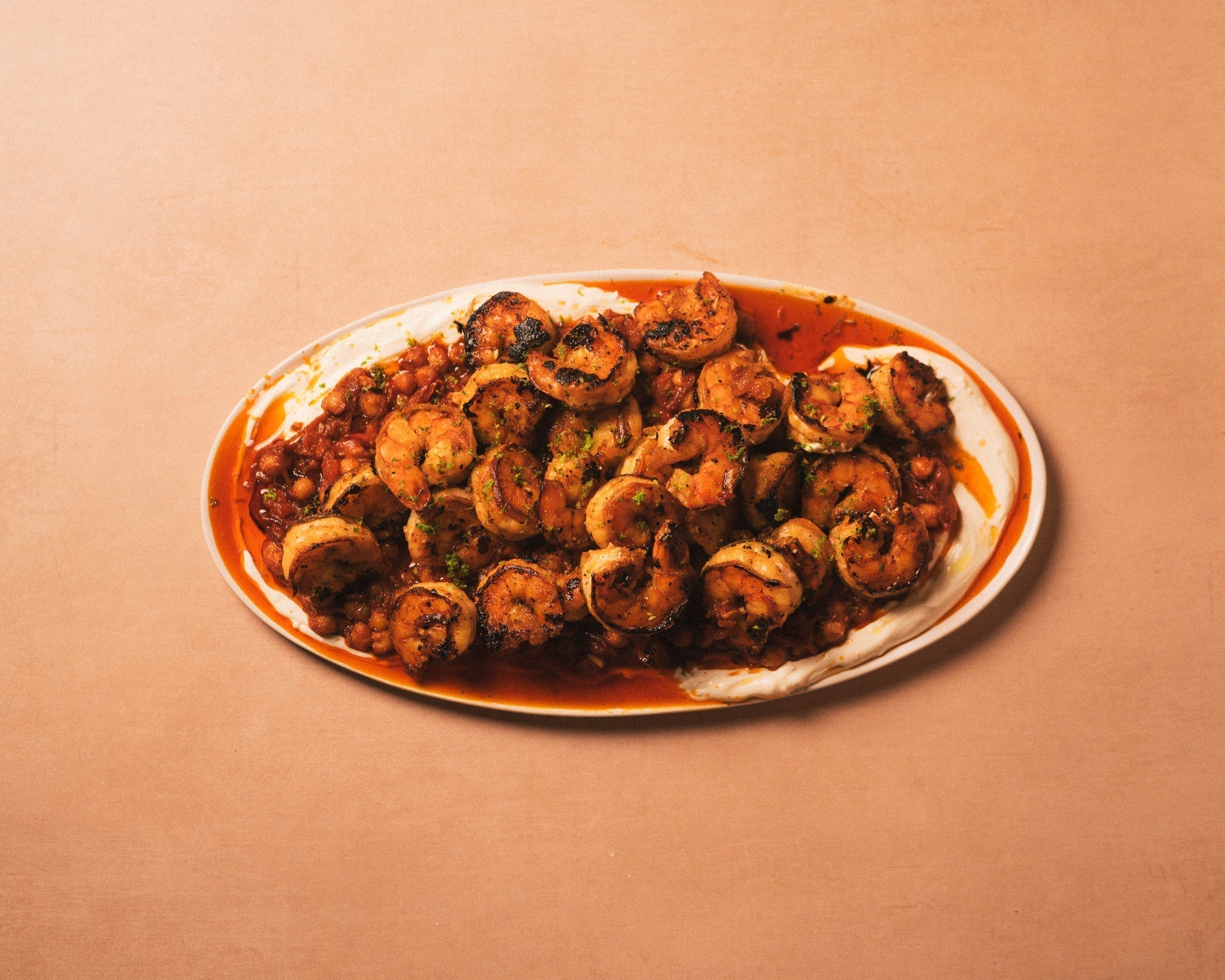
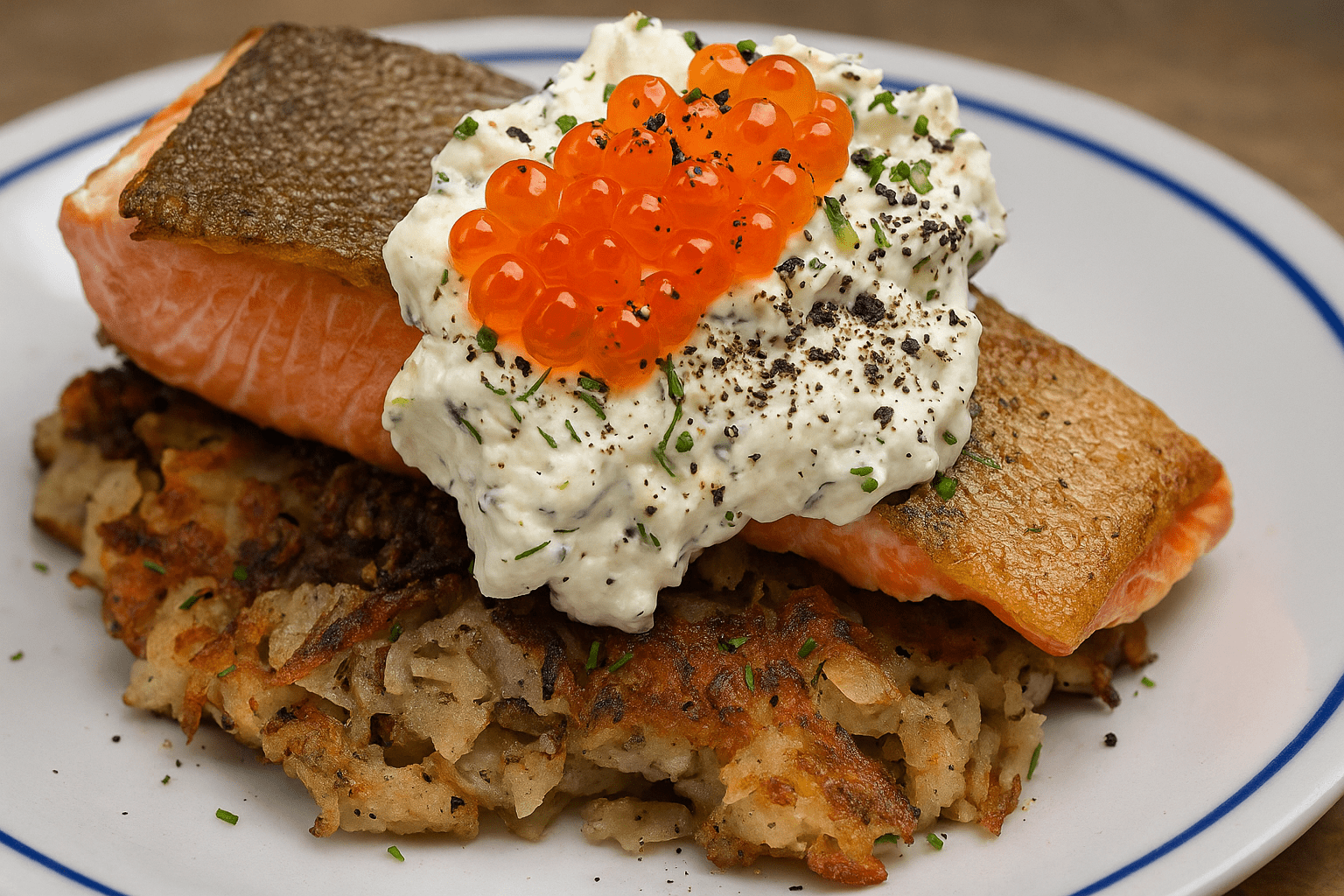
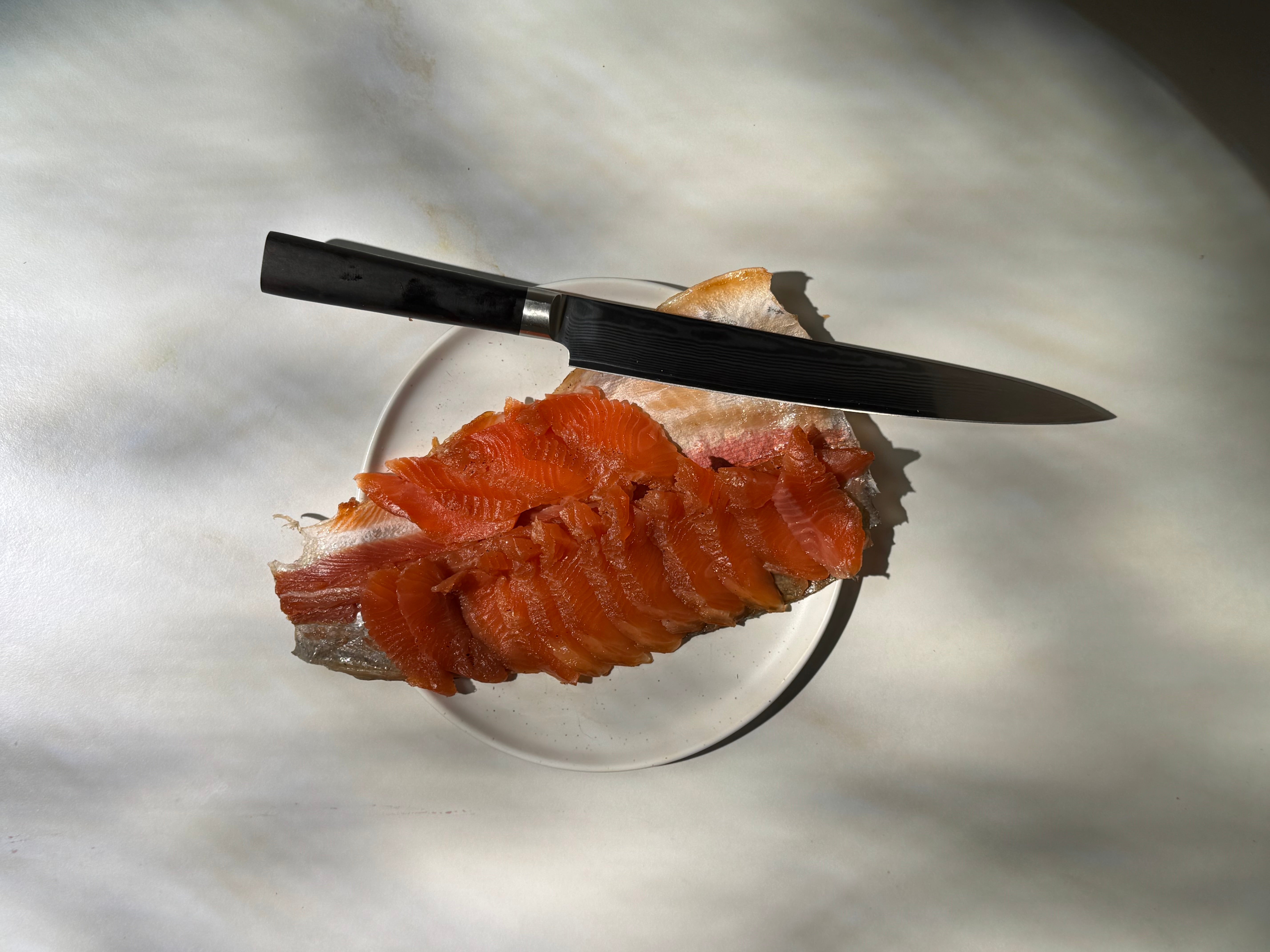


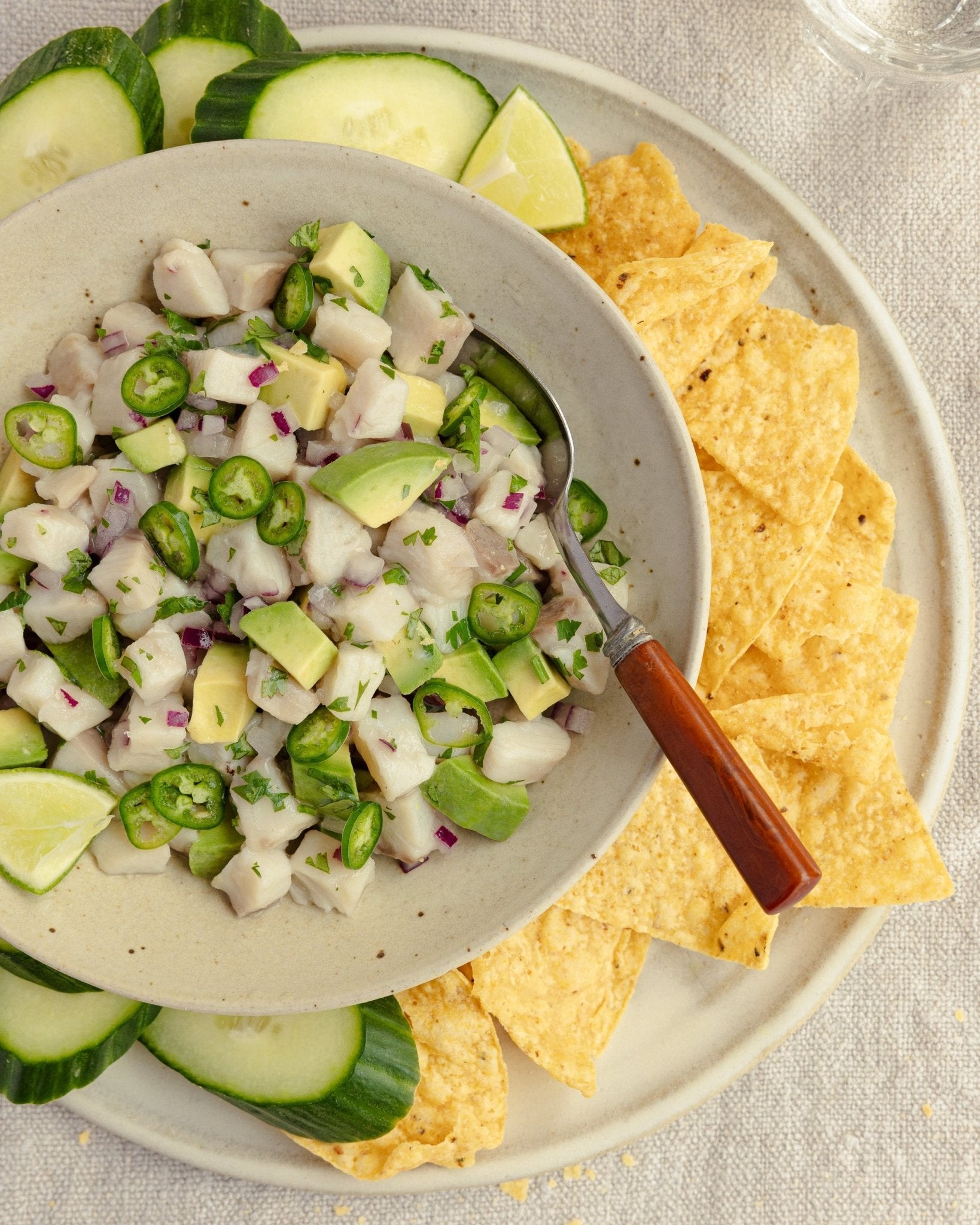
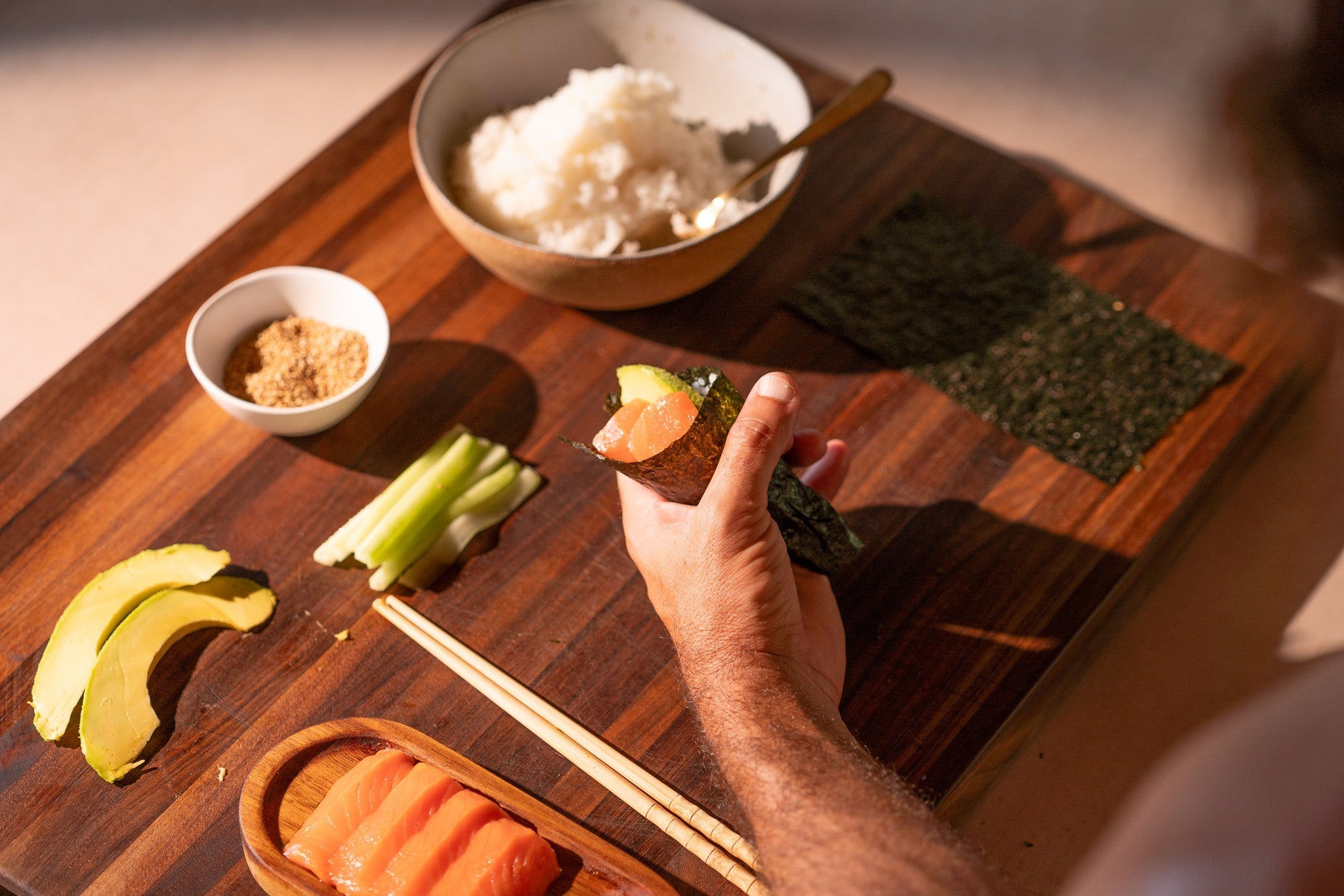
Share:
Seatopia Celebrates 13,000 Kelp Trees Planted
What Do Buffalo And Fish Have In Common?